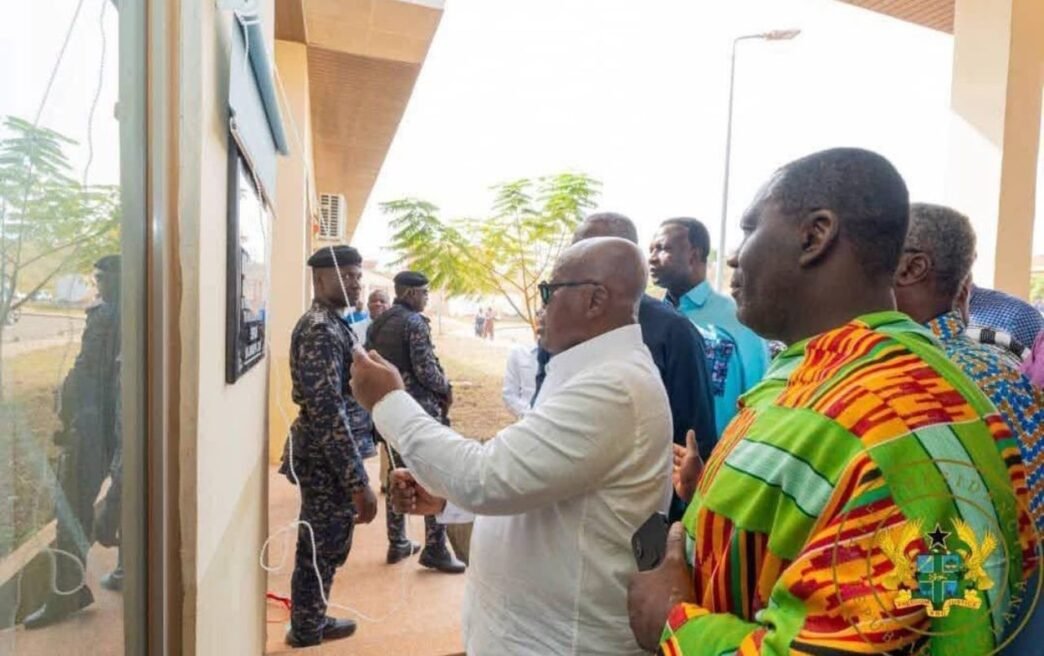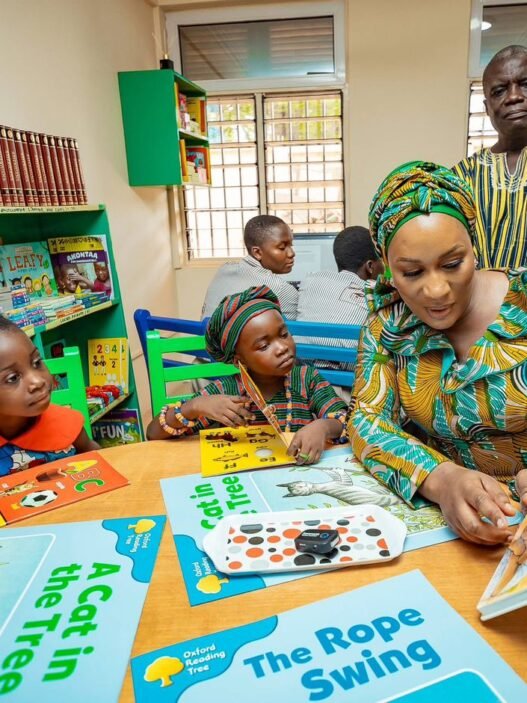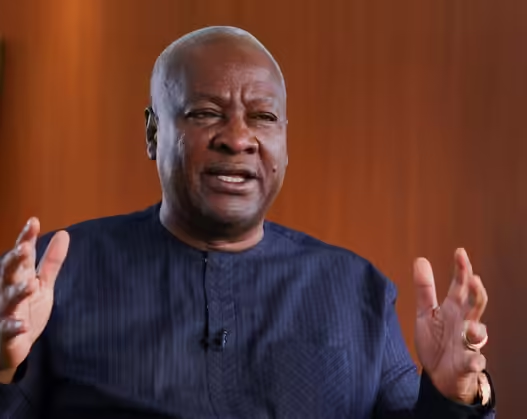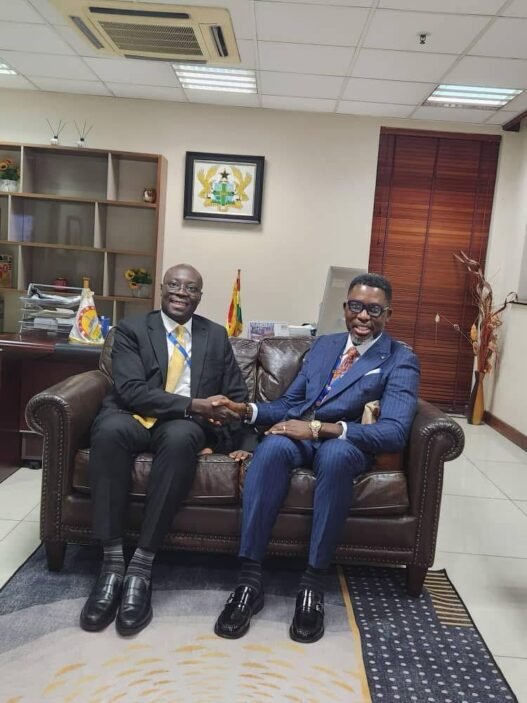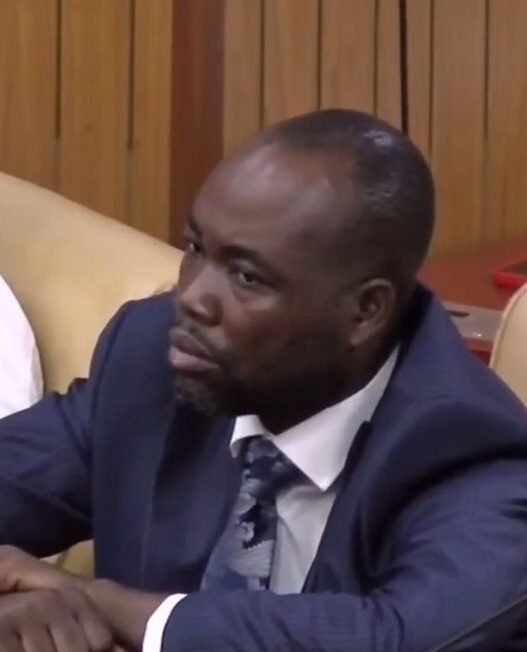The Euroget De-Invest S.A. hospital project, a landmark initiative aimed at transforming Ghana’s healthcare infrastructure, has become a contentious topic due to delays, political narratives, and a recent legal dispute. Envisioned to deliver nine state-of-the-art hospitals, the project was launched in 2008 under the John Agyekum Kufuor administration with a total value of US$339 million. Despite its transformative potential, the project’s history reveals challenges that have spanned four administrations, culminating in a legal standoff over the Ashanti Regional Hospital’s premature commissioning.

A Timeline of Political Leadership and the Euroget Project
Initiation: The Kufuor Administration (2008)
- Signed a Memorandum of Understanding (MoU) with Euroget De-Invest.
- Hospitals planned included regional facilities in Kumasi (Sewua), Wa, and Afari, alongside six district hospitals.
- Financial and procedural delays left the project at a standstill by the end of Kufuor’s tenure.
Continuity: The Mills/Mahama Era (2009–2016)
- Financing challenges persisted, but progress was made under John Mahama, who secured deals with institutions like Barclays Bank and Absa Capital.
- By 2014, construction on five hospitals had commenced, with facilities like the Wa Regional Hospital nearing completion.
- Infrastructure development, although slow, continued amidst financial difficulties.
Execution: The Akufo-Addo Administration (2017–2024)
- The Akufo-Addo government inherited ongoing projects, completing several hospitals, including the Tepa District Hospital (2020) and Wa Regional Hospital (2019).
- Despite some progress, flagship facilities like the Ashanti Regional Hospital in Sewua remained incomplete as of 2024.
- The premature commissioning of the Ashanti Regional Hospital on January 5, 2025, sparked legal challenges from Euroget.
Photos from the commissioning of the Sewua Hospital below:
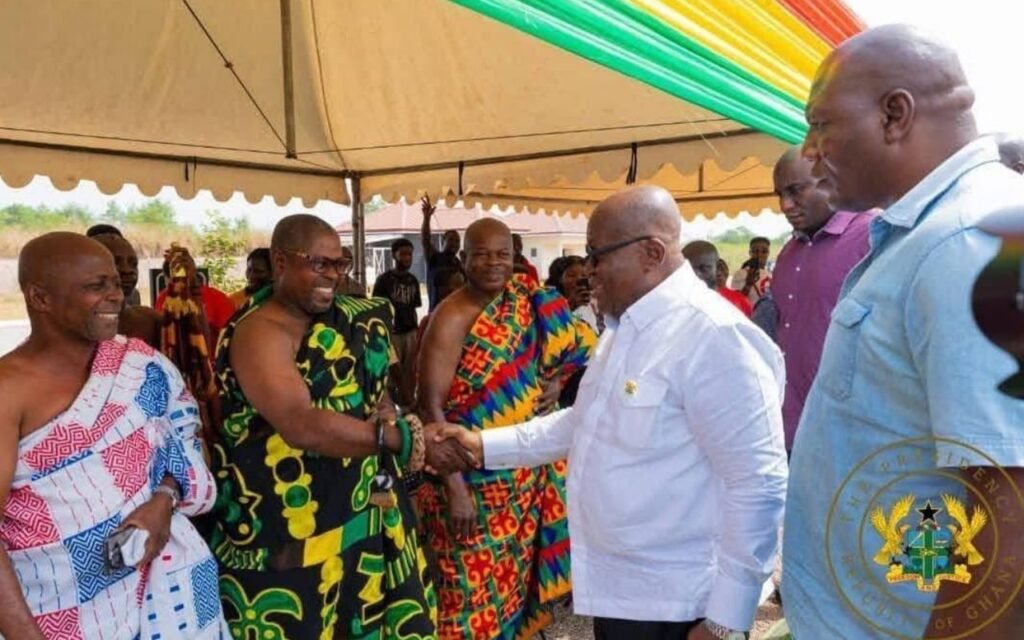

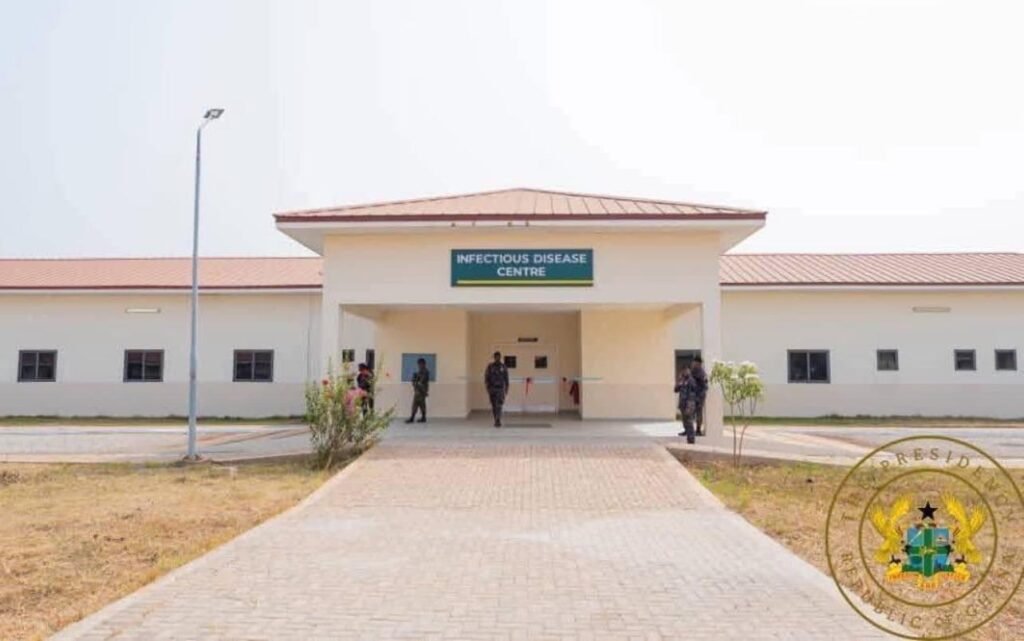
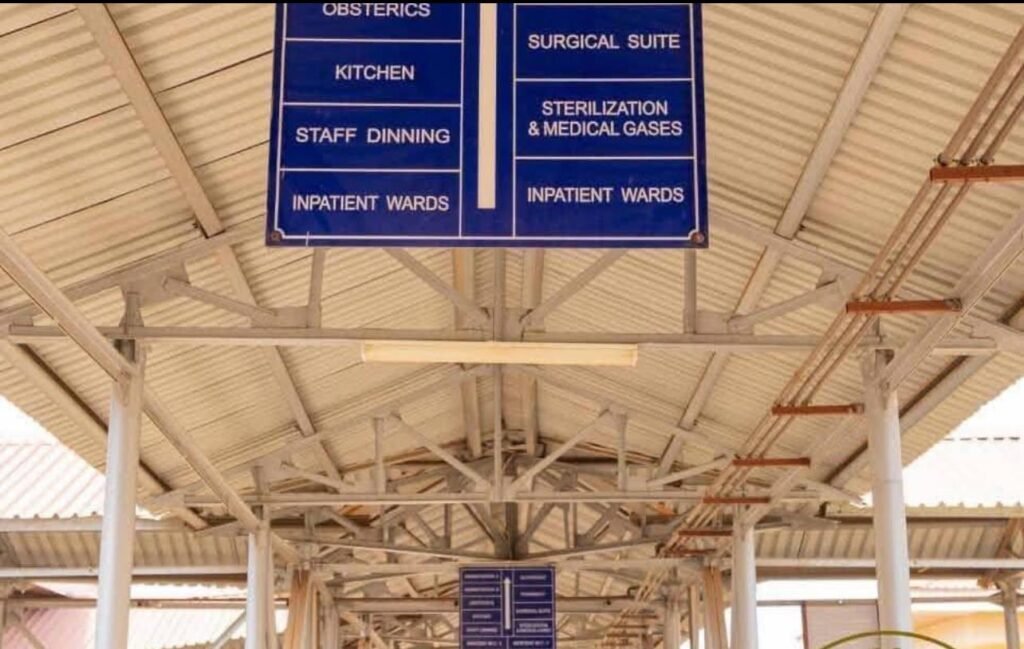


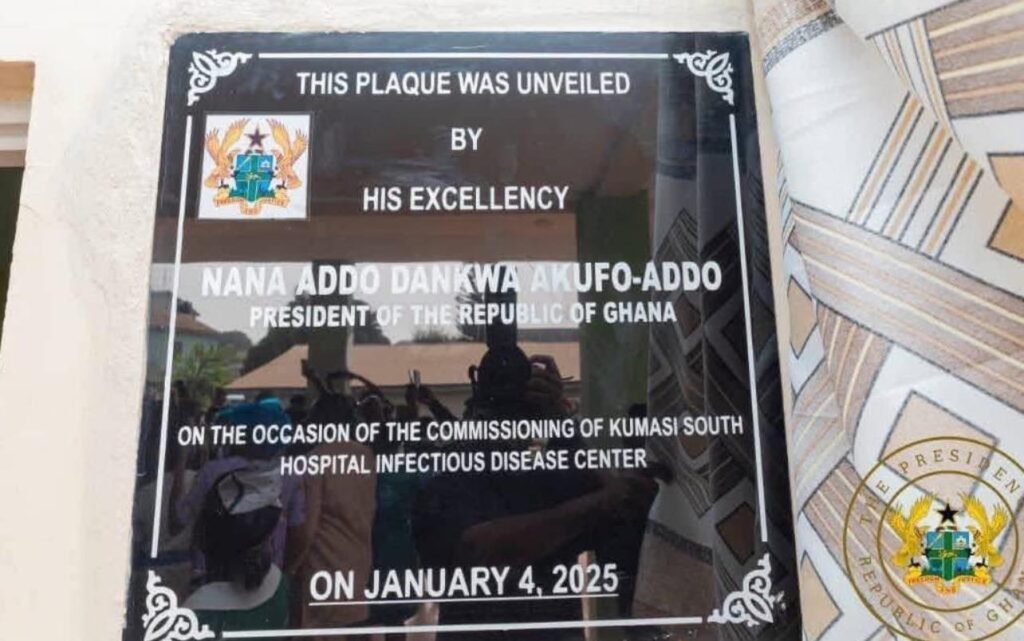
Legal Dispute Over Ashanti Regional Hospital Commissioning
The controversy surrounding the Ashanti Regional Hospital (250-bed facility) has become a focal point of the project. Euroget De-Invest issued a statement condemning the premature commissioning of the hospital by President Akufo-Addo, citing contractual violations.
Euroget’s Key Allegations:
- Incomplete Facility: The hospital had not been completed or officially handed over to the government.
- Contract Breach: The commissioning was conducted without consultation or approval from Euroget.
- Outstanding Payments: The government reportedly owes substantial payments to Euroget for construction.
- Security Risks: Unauthorized access to an incomplete site posed potential risks to public safety.
Euroget asserted its legal rights, stating, “The hospital remains under our jurisdiction until its completion and official handover. The unauthorized commissioning undermines the integrity of the contractual agreement.”


Dr. Gideon Boako’s Claims and Fact-Check
During a media appearance on July 27, 2024, Dr. Gideon Boako, spokesperson for Vice-President Mahamudu Bawumia, claimed that the Mills/Mahama governments abandoned the Euroget project, which was subsequently rescued by the Akufo-Addo administration.
Fact-Check Verdict: False
- While the Mills/Mahama governments faced financing challenges, they did not abandon the project.
- Construction began on key facilities during Mahama’s tenure, including the Afari Military Hospital and Wa Regional Hospital.
- The Akufo-Addo administration completed some hospitals but also delayed others, leaving significant work unfinished.
Breakdown of Euroget Hospitals
| Hospital | Location | Status | Completion Timeline |
|---|---|---|---|
| Wa Regional Hospital | Wa | Commissioned (2019) | Mahama initiated; Akufo-Addo completed |
| Tepa District Hospital | Tepa | Commissioned (2020) | Akufo-Addo Administration |
| Ashanti Regional Hospital | Sewua | Incomplete (2025) | Controversy over commissioning |
| Afari Military Hospital | Afari | Near Completion | Mahama initiated; delayed under Akufo-Addo |
| Konongo District Hospital | Konongo | Commissioned (2022) | Akufo-Addo Administration |
Political and Legal Implications
Impact on Governance:
The premature commissioning raises concerns about:
- Transparency in Public Projects: The lack of consultation with contractors undermines public trust.
- Political Exploitation: The timing of the event, days before Akufo-Addo left office, suggests political motivations.
Euroget’s Legal Stance:
Euroget plans to pursue legal action for damages, emphasizing adherence to contractual integrity. The company stated, “Governments must uphold due process to ensure sustainable infrastructure development.”
Conclusion: Lessons for Public Infrastructure
The Euroget Hospital Project reflects Ghana’s struggles with managing large-scale infrastructure projects across successive administrations. While each government contributed to its progress, delays, financing gaps, and political interference hindered timely completion.
The Ashanti Regional Hospital controversy serves as a reminder of the importance of:
- Respecting Contracts: Adherence to legal agreements fosters trust between stakeholders.
- Transparent Governance: Premature actions erode public confidence and invite legal repercussions.
- Non-Politicized Development: Infrastructure should prioritize citizen welfare over political gain.
As Ghana transitions to a new administration, the Euroget case highlights the urgent need for accountability and efficiency in delivering critical public services.










